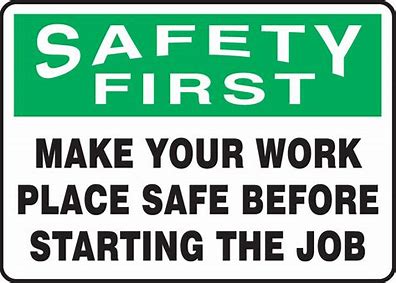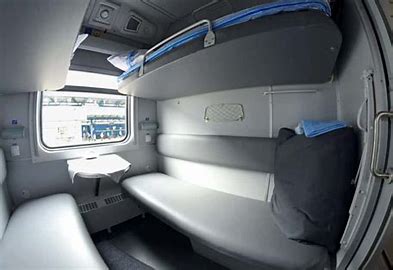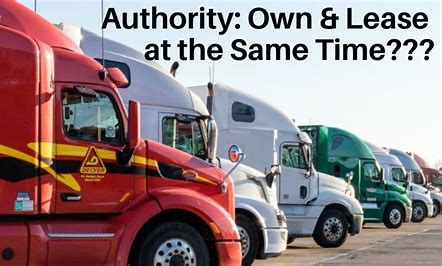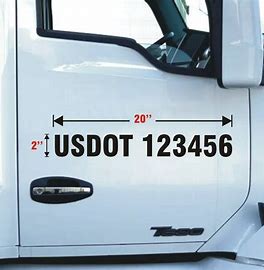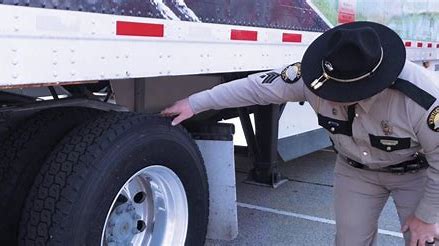
In the realm of commercial transportation, safety is paramount. To uphold this principle, the Federal Motor Carrier Safety Administration (FMCSA) has established a comprehensive set of regulations, among which Section 396.13 stands as a cornerstone. This regulation pertains specifically to the inspection, repair, and maintenance of commercial motor vehicles (CMVs), emphasizing the critical role these practices play in ensuring road safety.
Section 396.13 mandates that motor carriers and their drivers adhere to a strict regimen of vehicle inspection, repair, and maintenance. It requires carriers to systematically inspect their vehicles, identifying and addressing any defects or deficiencies promptly. This proactive approach is essential for preventing accidents caused by mechanical failures or malfunctions.
Moreover, the regulation stipulates that motor carriers maintain records documenting each inspection, repair, and maintenance activity. These records serve as a crucial accountability measure, enabling regulators to verify compliance and identify areas for improvement. Additionally, they facilitate the traceability of maintenance histories, aiding in the detection of recurring issues and the implementation of preventive measures.
Compliance with Section 396.13 is not merely a legal obligation but a moral imperative. By diligently adhering to the prescribed inspection and maintenance protocols, motor carriers demonstrate their commitment to safeguarding public safety on the nation’s roadways. Furthermore, prioritizing vehicle upkeep minimizes operational disruptions, enhances efficiency, and preserves the longevity of CMVs.
Non-compliance with Section 396.13 can have severe consequences, ranging from regulatory penalties to jeopardizing the safety of drivers and other road users. Therefore, motor carriers must prioritize the implementation of robust inspection and maintenance procedures, investing in training, resources, and technology as necessary to ensure compliance.
In essence, Section 396.13 embodies the FMCSA’s unwavering dedication to promoting safety within the commercial transportation industry. By embracing its mandates and principles, motor carriers uphold their responsibility to operate with the highest standards of safety and professionalism, ultimately contributing to the collective goal of safer roads for all.




